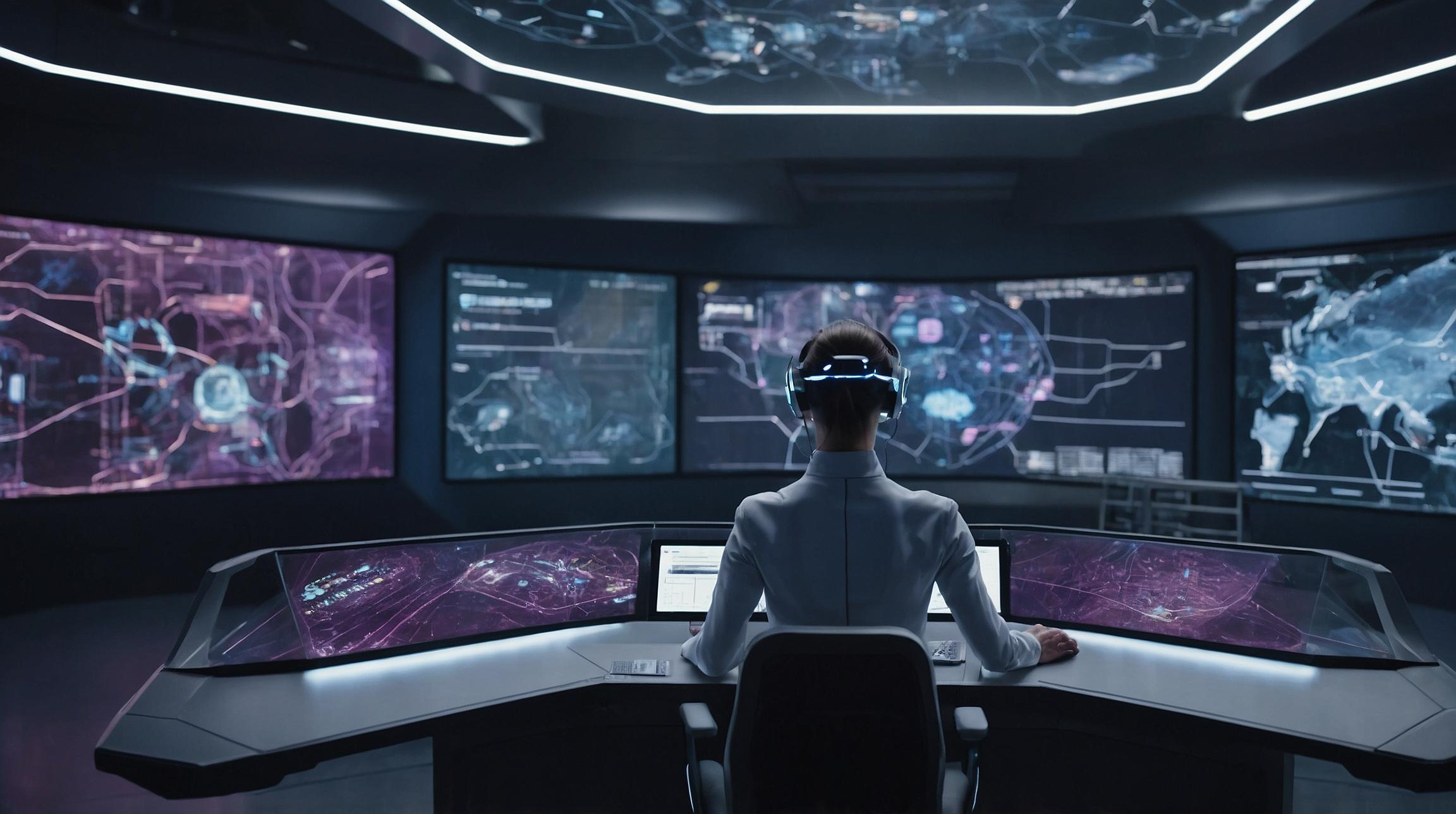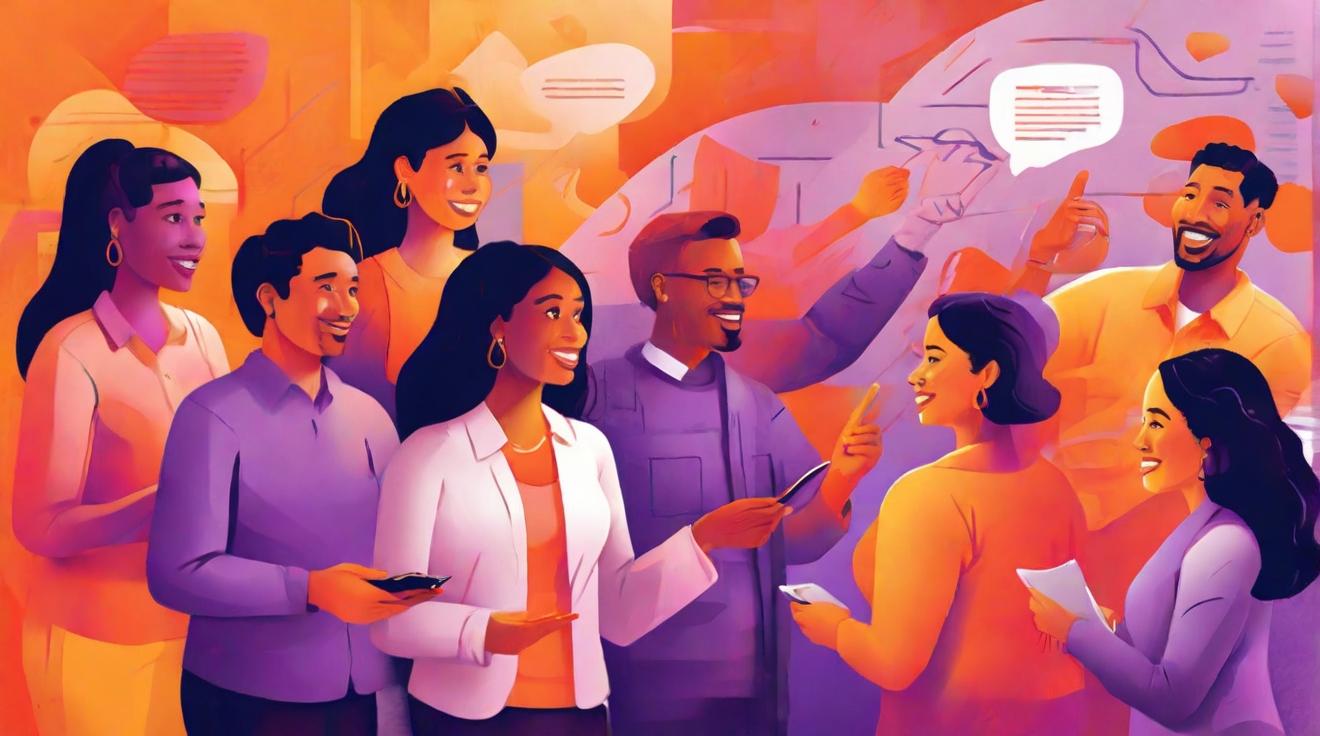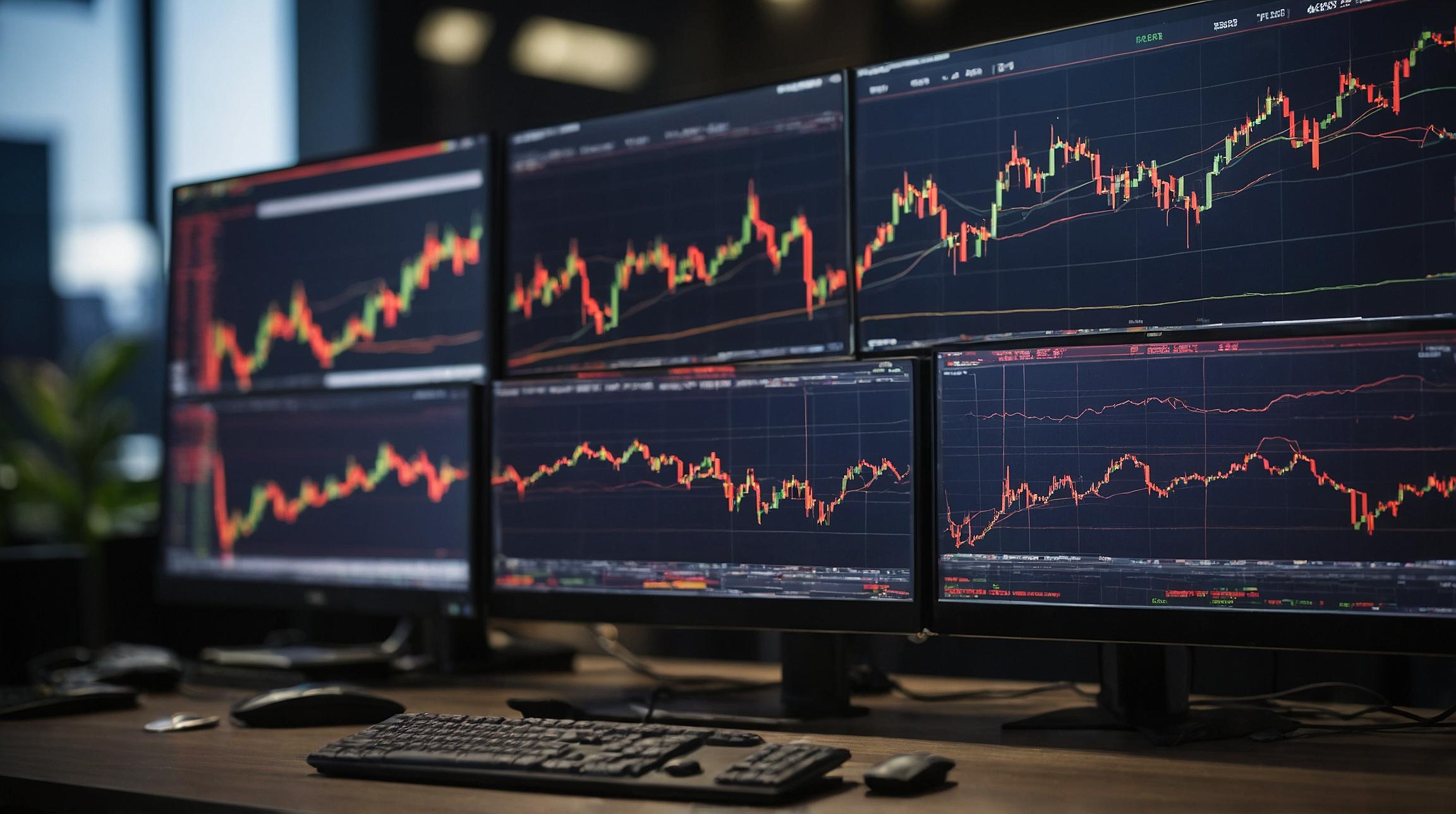How AI Will Change Our Future: Insights from WEF Summer Davos
Imagine a world where almost all the thinking and decision-making is done by computers. This isn't science fiction; it’s a vision of the future presented by experts at the World Economic Forum’s (WEF) Summer Davos in Dalian, China.
According to Darko Matovski, the founder and CEO of causaLens, we might be heading towards a future where 99% of all intelligence is artificial. Here, only 1% of human intelligence will oversee and interact with artificial intelligence (AI) systems. "We’re not there yet, and we’re not ready for that world, but that’s the world we are embarking to create," said Matovski.
The Balance Between AI and Human Control
Matovski explained that we need to think carefully about where to draw the line between autonomous AI systems and human oversight. "There’s going to be many applications in which you can have fully autonomous agents," he said.
For example:
- Self-driving cars can navigate roads without human input.
- Automated stock trading systems can operate without constant human supervision.
But in other areas, human oversight will be critical:
- Medical decisions, such as surgeries, need a high degree of human control.
- Government policies require careful human judgment and ethics.
AI’s Potential to Transform Decision-Making
Matovski believes that AI will lead to massive improvements in how decisions are made, making societies more equitable and efficient. "Today, many decisions are based on human gut-feel," he explained. AI can transform this by providing data-driven insights.
For example:
- Businesses can use AI to make better investment decisions.
- Governments can analyze data to improve public services.
The Importance of Trust and Understanding in AI
Even though AI can assist in various tasks, Matovski emphasized the need for trustworthy AI that humans can understand. "What’s really important for me is that we have AI that we trust and that humans can actually understand what the AI is doing," he said. This is particularly crucial when using Large Language Models (LLMs), whose workings are not fully understood even by developers.
What About Elections?
If we rely so heavily on AI, what does this mean for critical functions like elections? This question remains open, but it underscores the need for thoughtful governance and clear ethical guidelines.
Embracing Innovation and Collaboration for Growth
At the same event, WEF founder Klaus Schwab emphasized the importance of innovation and global collaboration. He highlighted that economic growth and a more peaceful future depend on these factors. "To drive future economic growth we must embrace innovation and force the collaboration across sectors, regions, nations, and cultures to create a more peaceful, inclusive, sustainable, and resilient future," Schwab said.
The WEF Annual Meeting of the New Champions runs from June 25-27 under the theme “Next Frontiers for Growth.”
Image source: Darko Matovski, WEF Annual Meeting of the New Champions 2024 panel on “What Can AI Assistants Do?”
Keywords:
Artificial Intelligence, Decision-Making, World Economic Forum, Autonomous Agents, AI Trust, Innovation, Collaboration, Economic Growth, Human Oversight, Klaus Schwab, Sustainable Development
This revised article uses clear language, relatable examples, and essential keywords to make complex topics accessible to everyone.













